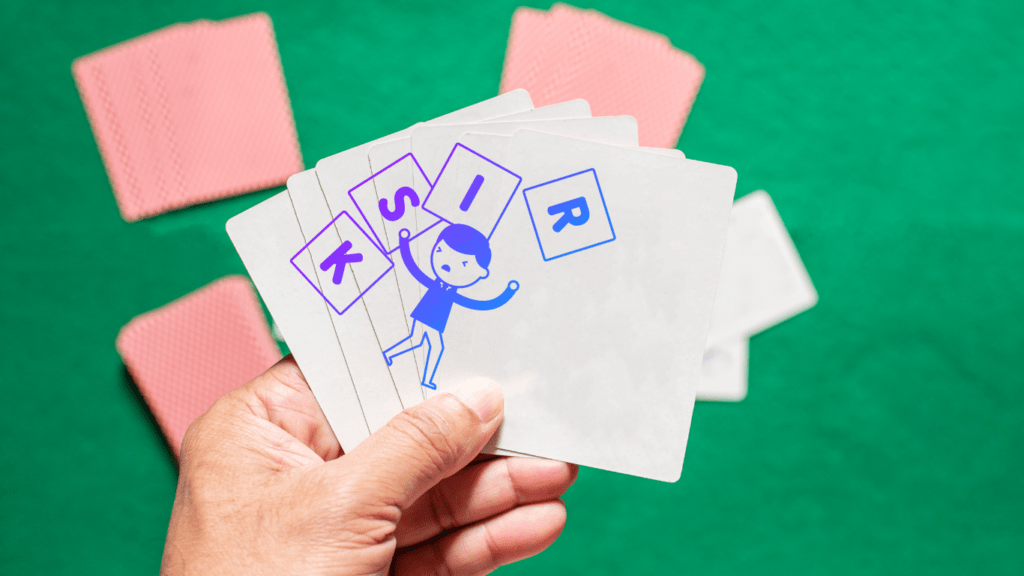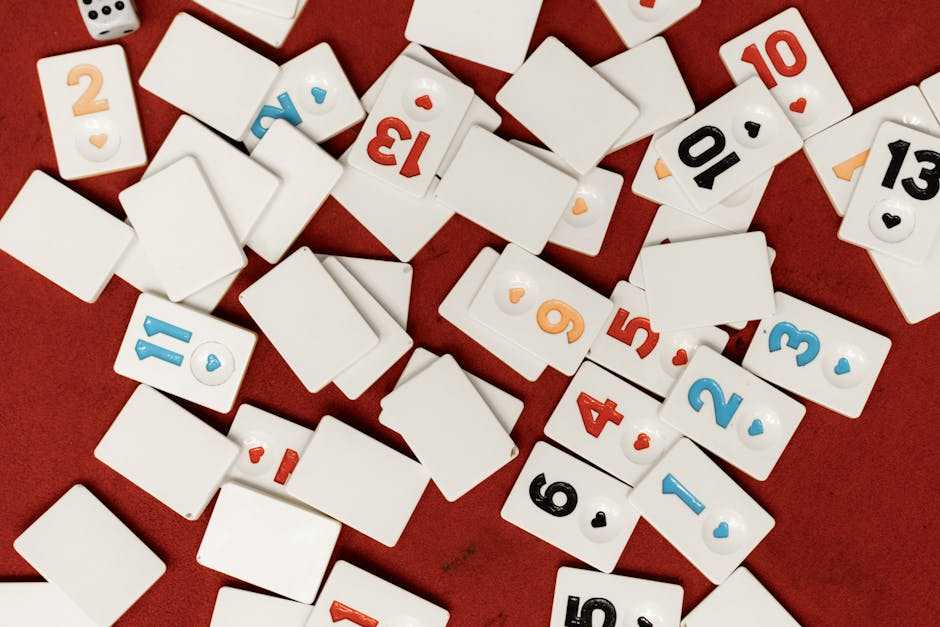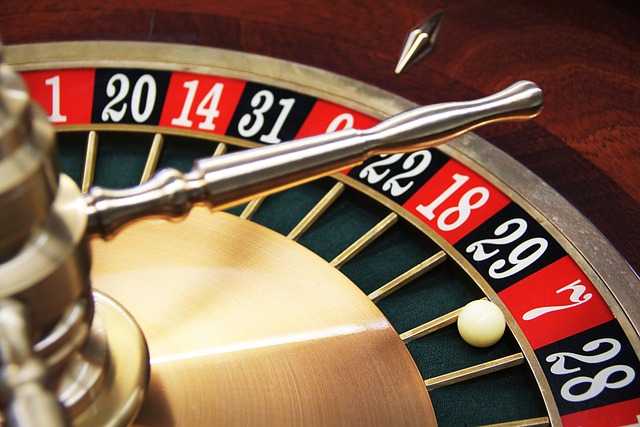Understanding Cognitive Distortions in Gambling
Cognitive distortions skew how gamblers perceive their chances of winning. These mental traps drive irrational choices and harmful behavior.
Definition and Overview
Cognitive distortions are irrational thought patterns.
These distortions lead gamblers to make decisions that aren’t based on reality. They distort perception, often causing overconfidence in one’s ability to win.
According to the American Psychological Association, cognitive biases can severely impact judgment and decision-making.
- Illusion of Control: Gamblers believe they can influence outcomes that are purely luck-based. For instance, using a specific strategy in slot machines.
- Gambler’s Fallacy: Believing that past events affect future outcomes. A common example is thinking a coin flip will balance out after several heads.
- Selective Memory: Recalling wins more vividly than losses. This bias feeds the belief that winning is more common than it actually is.
- Near-Miss Effect: Interpreting near-misses as almost winning, which encourages further play. Slot machines frequently exploit this by showing sequences close to winning.
- Anchoring: Relying heavily on the first piece of information encountered. For instance, initial winnings might set unrealistic expectations for future games.
Understanding these cognitive distortions is crucial for making rational decisions in gambling. Recognizing and counteracting these biases can lead to better gambling practices.
The Psychological Mechanisms Behind Gambling Decisions
Understanding gambling decisions involves exploring how psychological mechanisms influence behavior.
Cognitive distortions distort perceptions, while brain chemistry and reward systems play significant roles.
The Role of Dopamine
Dopamine, a neurotransmitter, plays a crucial role in the brain’s reward system.
During gambling, dopamine levels spike when anticipating a reward, causing excitement and reinforcing gambling behavior.
Higher dopamine levels can lead to addictive patterns as the brain seeks to recreate that euphoria associated with winning.
Functional MRI studies indicate increased brain activity in the striatum, a dopamine-rich area, when gamblers expect to win.
Reward System and Risk Taking
The brain’s reward system influences risk-taking behavior in gambling. When individuals gamble, the mesolimbic pathway, a neural circuit linked to pleasure, becomes activated.
This activation encourages risk-taking by associating potential rewards with positive emotions. Higher stakes trigger greater activation, making gamblers more likely to take risks despite potential losses.
Understanding these neural mechanisms helps explain why rational decision-making often deteriorates during gambling, leading individuals to chase losses or continue gambling after wins.
How Cognitive Distortions Affect Gambling Decisions
Cognitive distortions significantly affect how individuals approach gambling situations. These mental biases distort reality, leading to flawed decision-making.
Impact on Risk Assessment

Cognitive distortions directly influence risk assessment in gambling. Gamblers often underestimate the risks involved due to various biases.
For instance, the availability heuristic leads individuals to overestimate the likelihood of winning based on memorable or recent wins.
This skews their perception, making them more likely to engage in high-risk bets.
The gambler’s fallacy is another common distortion. It makes gamblers believe that past losses increase the chance of future wins despite each event being independent.
This false belief drives individuals to continue betting, expecting a due win.
Enhanced Illusions of Control
Illusions of control play a prominent role in gambling decisions. Gamblers often overestimate their ability to influence outcomes in games of chance.
For example, rolling dice or choosing numbers in a lottery can create a sense of personal control, despite outcomes being purely random.
The near-miss effect enhances this illusion. When gamblers experience near-wins, they feel they were close to winning and assume their actions had some impact.
This perceived control increases their confidence and encourages continued betting.
These cognitive distortions create a powerful feedback loop that reinforces gambling behavior.
Understanding how illusions of control and risk misassessment affect decisions is essential for developing strategies to mitigate their impact.
Addressing Cognitive Distortions
Addressing cognitive distortions is key in overcoming faulty decision-making in gambling. This section explores various methods to tackle these biases and improve decision quality.
Cognitive Behavioral Approaches
Cognitive Behavioral Therapy (CBT) targets negative thought patterns to reframe them positively.
CBT helps gamblers identify and challenge distortions like the illusion of control and the near-miss effect.
For instance, therapists may use techniques like:
- Reality testing
- Gamblers learn to distinguish between skill-based and chance-based outcomes.
CBT can reduce the overestimation of control, helping gamblers approach decisions more rationally.
Studies cite CBT as an effective method in managing gambling-related cognitive distortions.
Developing Healthier Decision-Making Skills
Individuals can develop healthier decision-making skills by practicing mindful awareness and critical thinking. Training on identifying biases plays a crucial role.
For instance, gamblers can keep a decision journal to reflect on past decisions and recognize patterns of distortion.
Mindfulness techniques encourage gamblers to stay present and assess risks without emotional bias. Decision aids, such as probability charts, can further assist in making informed choices.
Consistent skill development promotes better risk assessment and reduces the likelihood of high-risk bets.




